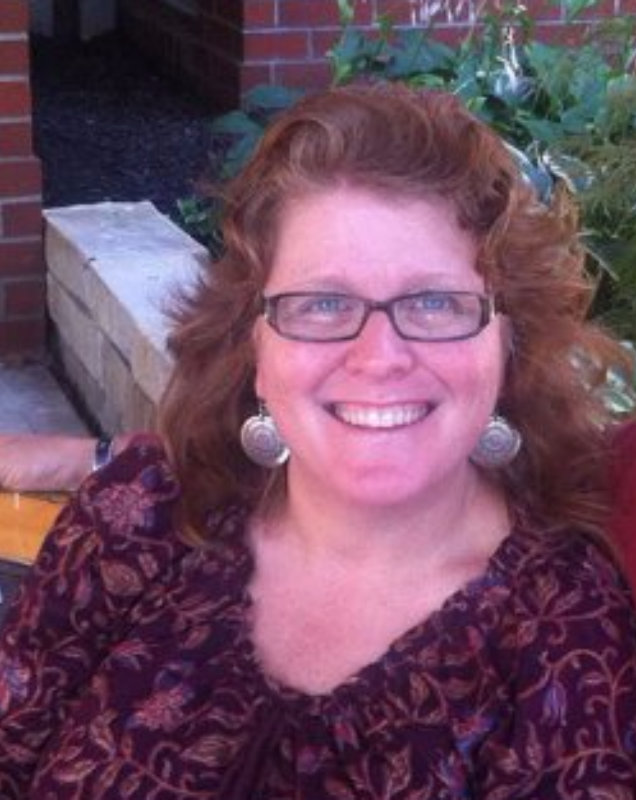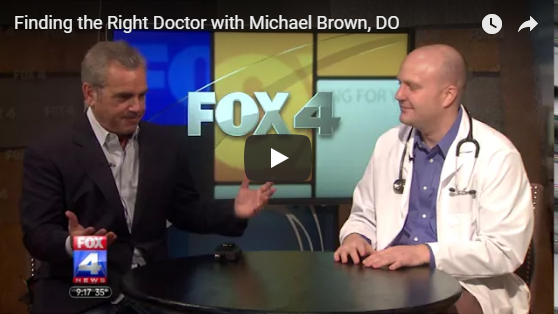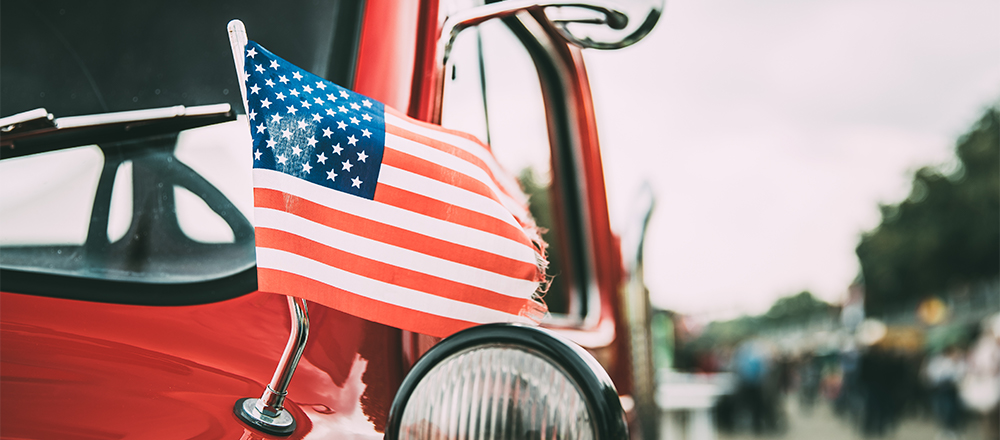Managing Your Medication
April 13, 2022By: Amy Bennett
Categories: In the Community, Live Healthy, Your Wellness
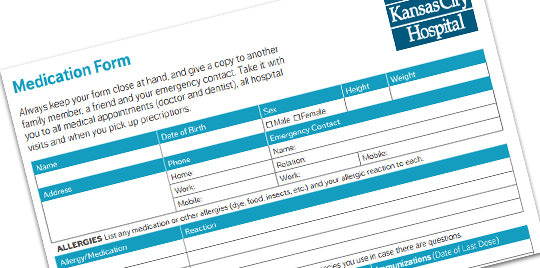
Prescription medication can play an important role in our lives. It can help us overcome a short-term illness or manage a chronic condition. According to the Centers for Disease Control and Prevention, 48.6% of Americans have used at least one prescription drug in the past 30 days. It is estimated 12.8% of Americans have used five or more prescription drugs in the past 30 days.
Take-Back Programs
Several local police departments accept leftover prescription medicines.
Taking Your Medication
For multiple medications, a pill organizer can be a great tool to help sort your doses by the day or time of day. But, keep your empty prescription bottle somewhere safe until that medication is refilled and replaced. The label includes important information you may need to reference, such as your doctor’s name, pharmacy’s phone number, medication name, instructions for taking it and the date it expires.
Because medication is unique and comes with its own set of guidelines, never combine medications into one bottle.
If the instructions for your medication say it should be taken with food, it’s best to take it within five minutes of eating your meal. That can be before, during or immediately after eating – whatever is easiest for you to remember.
When taking any medication, pay attention to the expiration date. Do not take medications, including over-the-counter medications, after the expiration date. Medication taken after an expiration date can be less effective or potentially more toxic.
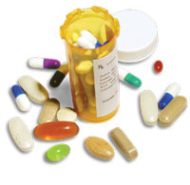
Tracking Your Medication
Keep a list of your current medications that includes the dose and when you started taking it. This information will help you communicate with your doctor or pharmacist. Be sure to include over-the-counter medications, vitamins and supplements.
Download our free medication form, and bring it to your doctor appointments or visits with a pharmacist.
Disposing of Medication
When your medications expire or are no longer needed, it is important to dispose of them properly and immediately to reduce the chance of someone taking them either accidentally or intentionally.
- It is illegal to give leftover prescription pain medicines to friends and family members.
- Do not flush medications. When medicines are flushed, they end up in rivers and streams because wastewater treatment plants can’t process them.
- Do not store leftover prescriptions in your medicine cabinet. Seven out of 10 people who misuse medications get them from friends or family members.
- ER visits for accidental medication poisoning among children are twice as common as poisonings for other household products.
